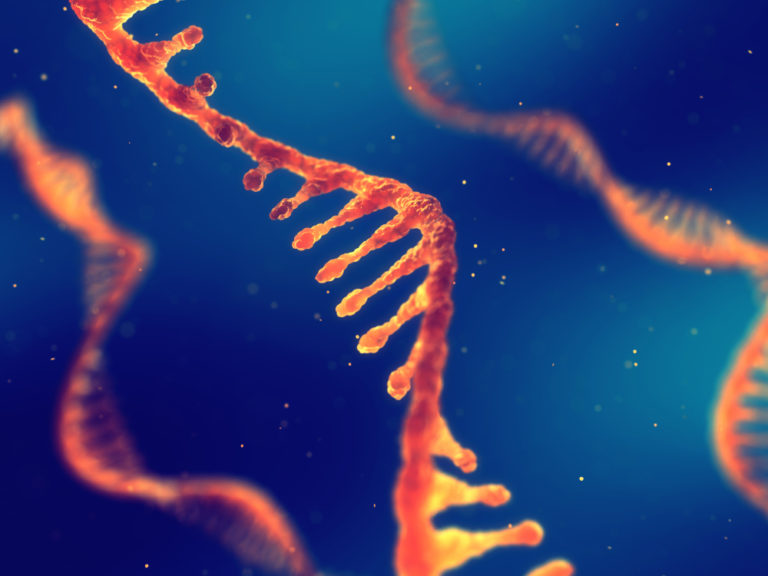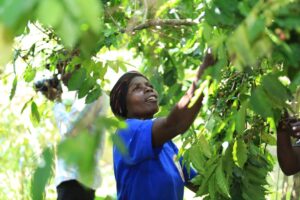TechAccel, the venture development organization, and Donald Danforth Center for Life Sciences, the leading plant science research institute, have created a new startup called RNAissance.
RNAissance plans to use RNAi technology to create pesticides that target specific pests and have little or no impact on the surrounding environment or consumers.
Both Tech Accel and Danforth invested in the early phases of the technology behind RNAissance as part of TechAccel’s “Path to Commercialization” Program. RNAissance holds the exclusive license to RNA-interference (RNAi) technology developed by Danforth Center researchers Nigel Taylor, Ph.D., and Bala Venkata, Ph.D.
“RNA-interference (RNAi) is a biological process where a specific RNA molecule can inhibit the expression of a selected target gene in an organism,” Brad Fabbri, chief science officer at TechAccel explained to AgFunderNews. “RNAissance Ag is focused on using this to design insecticides that are extremely specific to a particular insect, and non-toxic to other insects, animals, or humans. We do this by first selecting the exact sequence of a specific gene in the targeted insect, one that will disrupt the insect’s health when the expression is inhibited. The second step is designing an RNAi that precisely matches the sequence, to cause the disruption.”
Traditional chemical insecticides follow a similar process by targeting a specific gene in an insect and inhibiting it to kill the insect, but they are rarely specific to just one insect, and can be toxic to other animals including humans.
“What is different for the RNAi approach is the specificity that we can design. Only the target insect is affected, resulting in a very environmentally friendly approach. RNA itself is not toxic, and we eat it every day as part of our food,” added Fabbri.
RNAissance isn’t the first to do this, but Fabbri says the company is able to apply the technology to insects that were currently resistant to these tools.
“More than $40 billion per year is spent on pest control, yet over 20 percent of all crops are still lost due to insect damage,” said James C. Carrington, Ph.D., president of the Danforth Center. “This new company is evidence of an exciting new technology advancing toward market with the potential to make a major impact.”
RNAissance is just one part of TechAccel’s overall strategy for biopesticides; as part of this announcement the VDO also disclosed details about other initiatives in the space including further investment in GreenLight Biosciences, a startup also focusing on RNA technology that raised $50 million earlier this month.
TechAccel is also researching “leveraging a stable nanoparticle technology licensed as a form of biopesticide delivery; piloting the injection of RNAi compounds as a delivery mechanism in fruit and nut trees; continuing development of a separate, novel RNAi biopesticide approach based on research underway in Europe,” and “collaborative research with AgroSpheres to explore nanotechnology in biopesticide delivery,” according to a press release.
















Guest article: Agtech poised for a rebound in 2025?